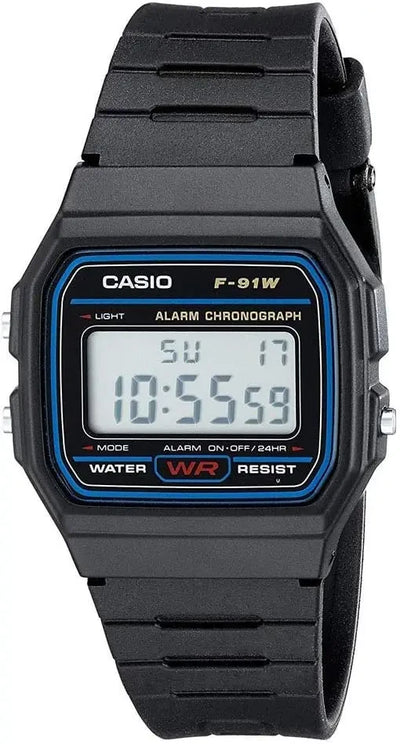
What is the best-selling watch in the world?
Which watch is the best-selling in the world among all the brands and models available on the market? We will explore...

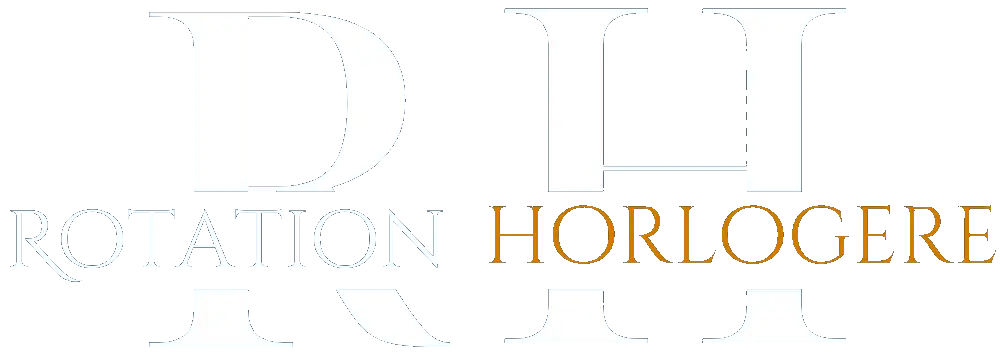
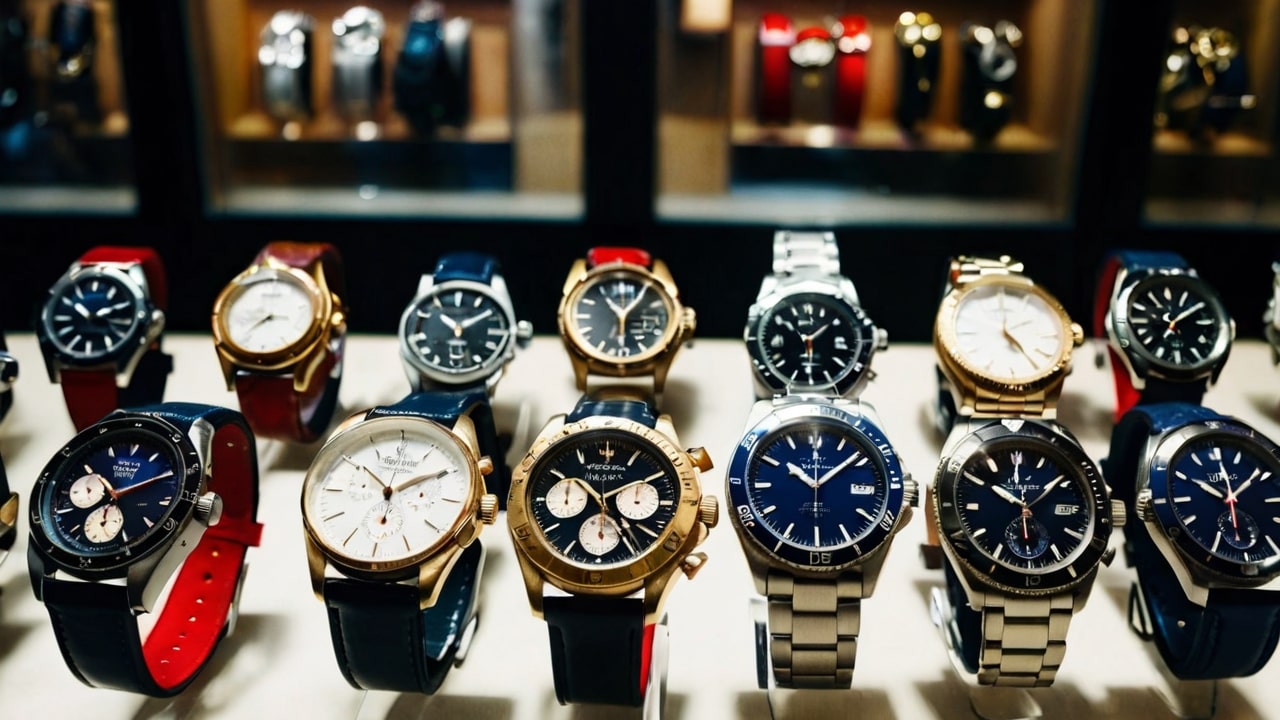
With the French watch market reaching €1.8 billion in 2022, up 13% from 2021, it is clear that watches remain an essential accessory. But how do you make the right choice among this sea of dials, bracelets and complications? Let's dive into this fascinating world together to discover which watch will capture your heart and your wrist!
To better understand the current trends in the French watch market, let's take a look at the distribution of watch sales in France. This infographic gives us a clear overview of consumer preferences:
As we can see, sports watches dominate the market with 40% of sales, reflecting the growing interest in an active lifestyle and the versatility of these models. Classic and smartwatches share a similar share of the market, each representing around 20% of sales. This balanced distribution shows that, despite the rise of wearable technology, traditional designs retain their appeal.
Finally, luxury watches, although representing a more modest share in volume (18%), constitute a significant share in value, as we have seen previously. This varied distribution underlines the diversity of the French watch market and the importance of clearly defining one's needs and preferences when choosing a watch.

Mechanical watches are the preferred choice of purists. They represent about 30% of sales in volume, but 70% in value. Why such a craze?
However, they require regular maintenance and are generally more expensive than their quartz counterparts.
 To maintain their accuracy, it is recommended to use an automatic watch winder .
To maintain their accuracy, it is recommended to use an automatic watch winder .

Quartz watches dominate the market in terms of volume. They are:
Ideal for those looking for a reliable watch without breaking the bank , they are often the first choice for young adults. If you are wondering what age to buy a watch , know that there is no ideal age, it all depends on your needs and lifestyle.

With a meteoric growth, going from 5% of sales in 2015 to 22% in 2021, smartwatches are booming. They offer:
Perfect for techies and athletes, they redefine what a watch can do for us in our daily lives. If you're wondering what a smartwatch is for , they offer many benefits in terms of activity tracking and productivity.
Your choice of watch should reflect your lifestyle. Here are some suggestions:
For those who like to vary their styles, consider investing in a watch box to store and protect your collection.
| Watch type | Benefits | Disadvantages | Average price | Ideal for |
|---|---|---|---|---|
| Mechanical | - Craftsmanship - Durability - Prestige | - Expensive maintenance- Less accurate | 1000€ - 10000€+ | Collectors, watch enthusiasts |
| Quartz | - Accuracy- Affordable- Low maintenance | - Less "charm" - Battery to change | 50€ - 500€ | Daily use, beginners |
| Connected | - Multifunctional - Health monitoring - Customizable | - Limited autonomy - Rapid obsolescence | 200€ - 1000€ | Technophiles, sportsmen |
| Sport | - Robustness - Waterproofing - Specific functions | - Sometimes cumbersome design | 100€ - 1000€ | Sportsmen, adventurers |
| Luxury | - Precious materials - Exclusivity - Investment | - High price- Expensive maintenance | 5000€ - 100000€+ | Luxury lovers, investors |
The average price of a watch purchased in France has increased from €200 in 2010 to €350 in 2020. This increase reflects a growing interest in quality watches. However, there are options for all budgets:
Remember that buying a watch can be seen as an investment, especially for luxury or vintage models. In fact, sales of pre-owned watches increased by 30% between 2019 and 2021, a sign of a dynamic market and a value that is maintained over time. If you are considering investing in luxury watches , be sure to educate yourself about the market.
The charm of retro is undeniable. Vintage watches are gaining popularity, offering a unique style and a story to wear on the wrist. It is a great option for those looking to stand out with a timeless style.
Swiss brands dominate the luxury market with 80% of the market share in value. Their centuries-old know-how and prestige continue to seduce enthusiasts around the world. However, there are also affordable Swiss watch brands that offer excellent quality at more accessible prices.
Although 65% of French people own at least one watch (compared to 75% 10 years ago), its use is changing. The watch is no longer just a tool for telling the time, but a true fashion and personal style accessory. For fans of customization, modified Seiko watches offer an interesting option for achieving a unique look.
Try on the watch before purchasing if possible. If you are wondering how to tell if a watch is too big , make sure it does not extend beyond the edges of your wrist.
Choosing a watch is a personal decision that depends on many factors. Whether it’s a rugged sports watch for your outdoor adventures, a sleek luxury piece for special occasions, or a smartwatch to stay on top of technology, the key is to find the right one for you.
Remember that your watch is more than just a way to tell the time. It is a reflection of your personality, a constant companion that will accompany you on all your adventures. So take the time to choose carefully, and who knows, maybe you will become the next watch enthusiast!
To protect your precious acquisition, don't forget to invest in a stylish watch case or watch holder . And if you're a woman looking for a suitable storage solution, check out our selection of women's watch boxes .
Q1: What is the difference between an automatic watch and a hand-wound watch? A1: An automatic watch is wound by the movements of the wrist, while a hand-wound watch requires regular hand-winding. Both are mechanical watches, but the automatic offers more practicality in everyday use.
Q2: Are smartwatches compatible with all smartphones? A2: Most smartwatches are compatible with Android and iOS, but it's always best to check compatibility before purchasing. Some features may be limited depending on your phone's operating system.
Q3: How do I maintain my watch to make it last a long time? A3: To preserve your watch, avoid shocks and humidity (unless it is waterproof), clean it regularly with a soft cloth, and have it serviced by a professional every 3 to 5 years for mechanical watches. For more details, see our luxury watch maintenance guide .
Q4: Is it better to buy a new or pre-owned watch? A4: It depends on your preferences and budget. A new watch offers a warranty and the certainty of being the first owner. A pre-owned watch can be a great deal, especially for vintage or collectible models, but make sure to buy it from a trusted seller.
Q5: How important is case size when choosing a watch? A5: Case size is crucial for comfort and aesthetics. It should be proportional to the size of your wrist. Generally, for men, a case size between 38mm and 42mm is considered to fit most wrists. For women, sizes between 28mm and 36mm are often preferred, but these standards change with trends. It is best to try different sizes to find the one that suits you best.

Which watch is the best-selling in the world among all the brands and models available on the market? We will explore...
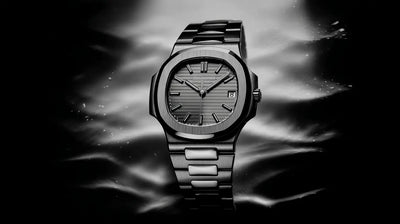
It leaves no trace. No scratches, no dents. Nothing visible. And yet, magnetism is one of the quietest enemies of your automatic watch. ...
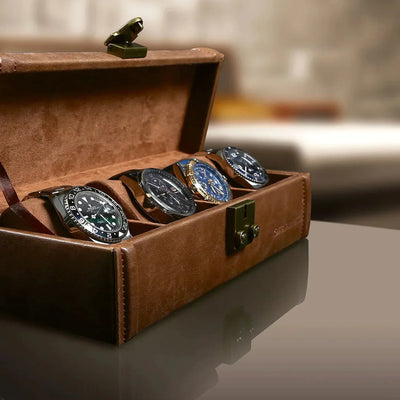
The world of watch boxes offers a multitude of options to meet various needs and preferences. From a simple storage box to...
Leave a comment
This site is protected by hCaptcha and the hCaptcha Privacy Policy and Terms of Service apply.